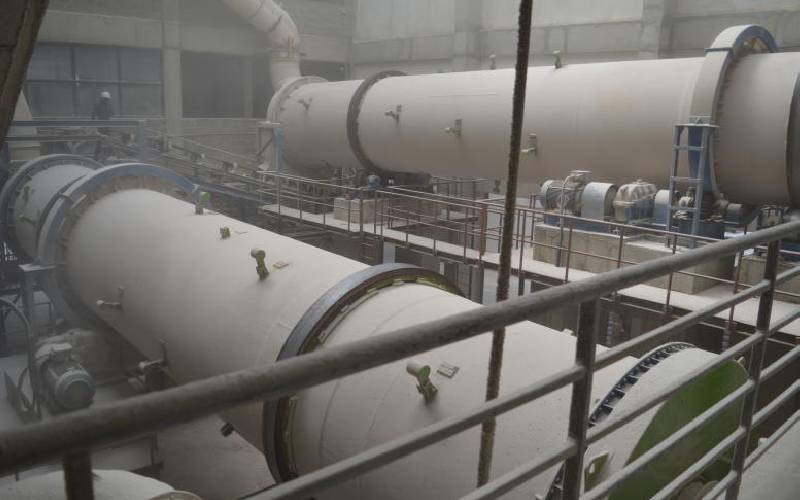×
The Standard e-Paper
Fearless, Trusted News

Fertiplant East Africa ltd (FEA) that manufacture fertilizers in Nakuru town on November 25, 2021. [Harun Wathari, Standard]
Manufacturers say they have benefited from lower cost of electricity following the 15 per cent reduction in January, but warn that higher fuel prices present a risk that could erode the gains made.